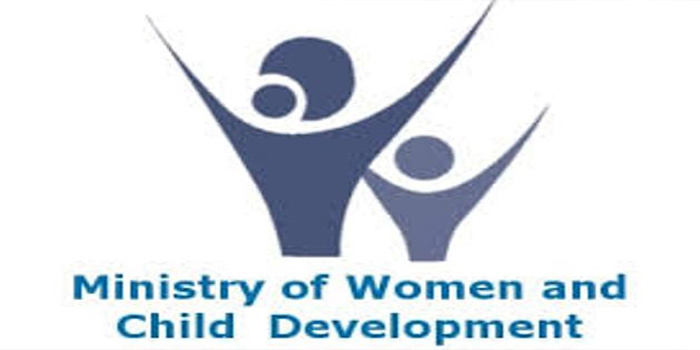NEW DELHI: The Women and Child Development Ministry has urged people to share traditional recipes of their region and family for it to build a database of indigenous food items with high nutrition value.
The appeal was made by Women and Child Development Minister Smriti Irani ahead of observing ‘Poshan maah’ this month.
“In order to form a database of indigenous food items with high nutrition value, the WCD Ministry seeks support of people of India. Contribute towards Bharatiya Poshan Krish Kosh by sharing traditional recipes of your family and region,” she said in a tweet.
Irani said the government is developing Bharatiya Poshan Krishi Kosh — a repository of indigenous crops of every region and district.
“We also aim to form a database of indigenous recipes of every corner of the country,” she tweeted.
“We have a diverse range of indigenous ingredients which not only add flavour to the food but also cater to the daily intake of micronutrients required for a healthy mind and body. Each region, family of India has a legacy of its own when it comes to food,” Irani said in another tweet.
The minister said during ‘Poshan Maah’, the government will launch a drive to identify Severely Acute Malnourished (SAM) children and ensure adequate nutrition and care which will have a long-term impact on the health of the child and go a long way in improving India’s nutrition indices.
The National Nutrition Month is celebrated every year in September.
During the month, the government organises programmes to spread awareness on the issues related to malnutrition like stunting, under-nutrition, anaemia and low birth weight in children and focus on adolescent girls, pregnant women and lactating mothers.
‘Poshan Mah’ is celebrated under the national nutrition mission or Poshan Abhiyan which aims to tackle malnutrition in the country.
According to the National Family Health Survey-4 (NFHS-4), 38.4 per cent children under five years of age are stunted or low height-for-age and 21 per cent wasted or low weight-for-height in India. As many as 48.3 per cent of children in Bihar under five are stunted, the survey said. (AGENCIES)


